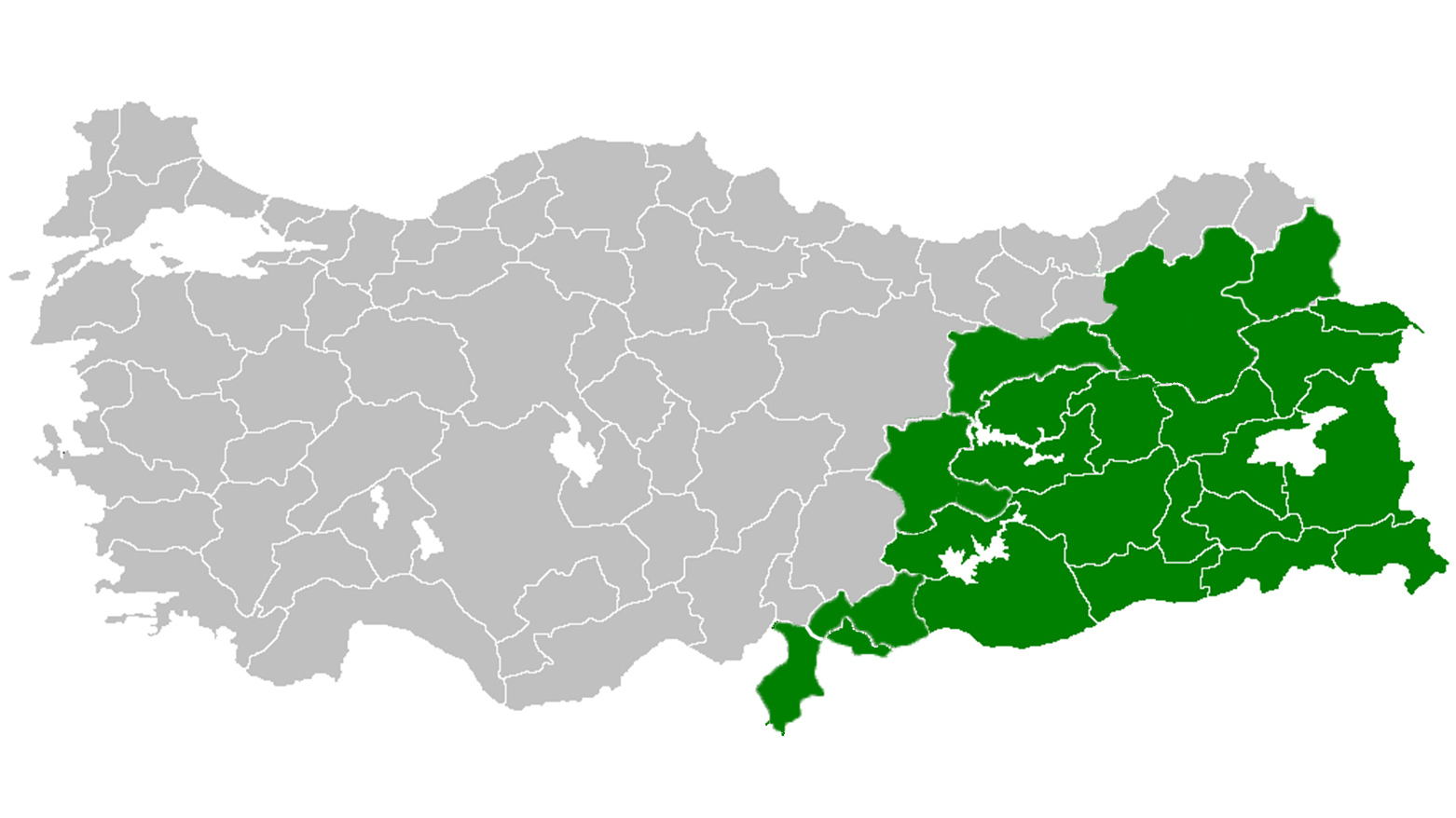Turkish Parliament Speaker Rejects Recognition of any Other Official Languages
Turkish Parliament Speaker Numan Kurtulmuş declared no constitutional reforms will proceed until the PKK disarms, while firmly rejecting recognition of any official language other than Turkish, asserting that Kurdish rights must be balanced with Turkish sensitivities.

ERBIL (Kurdistan24) – Speaker of the Turkish Grand National Assembly (TBMM) Numan Kurtulmuş has declared that no legal or constitutional process will begin until the Kurdistan Workers’ Party (PKK) and all its extensions, including those in Syria, lay down their arms. He further emphasized that the recognition of any language other than Turkish as an official language is impossible and will not be considered under the current framework.
Speaking to journalists during the legislature’s third-year evaluation meeting on Tuesday, Kurtulmuş underlined the government’s position that reforms will be contingent upon the complete disarmament of PKK-affiliated groups. “As expressed also in İmralı’s statement, it is essential that all members of the terrorist organization, including its Syrian components, declare that they have abided by this call. Once this situation is confirmed and registered by our country’s security institutions, Türkiye will officially be rid of the PKK terrorist organization. Only at that stage will certain legal regulations be necessary. These are complementary, consecutive processes,” he said.
Kurtulmuş rejected the notion that Parliament should implement legislative changes before disarmament takes place. “There will not be a mentality of ‘let Parliament make all legal arrangements, then the organization will take steps.’ The legal stage will only come when the PKK and all its extensions disarm,” he stressed.
He added that the legal framework will differentiate between those members of the organization who have not committed crimes and those who have received severe criminal sentences. “The arrangements for those who were not involved in crimes are relatively easier, but the regulations concerning those who received heavy sentences are far more complicated,” Kurtulmuş explained.
On the issue of official languages, the Parliament Speaker made his stance unequivocal, stressing that no other language will ever be accepted as an official language in Türkiye. “It is not even possible to debate the recognition of another language as an official language apart from Turkish. This process does not open the door to formalizing any other language in Türkiye,” he asserted.
Kurtulmuş reiterated that balance must be preserved between acknowledging Kurdish rights and respecting Turkish sensitivities. “On the one hand, you must take into account the rights and dignity of the Kurds; on the other, you must respect the sensitivities and pride of the Turks, who make up the great majority of Türkiye. This balance has been preserved up to this point,” he said.
He also clarified that Abdullah Öcalan’s views are currently being conveyed through his lawyers and representatives of the People’s Equality and Democracy Party (DEM Party), adding that a direct meeting between Öcalan and the parliamentary commission is “not yet on the agenda.”
Kurtulmuş’s remarks came shortly after Türkiye’s National Security Council (MGK), chaired by President Recep Tayyip Erdoğan, declared that the state’s commitment to eliminating terrorism extends not only within its borders but across neighboring regions. In its September 30 communiqué, the MGK affirmed that “no manifestation of terrorism will find a place in the neighboring geography, and expansionism based on terrorism will be categorically rejected.” The Council also reaffirmed its determination to dismantle terrorist organizations including the PKK/KCK, PYD/YPG, FETÖ, and ISIS.
The MGK addressed threats to Syria’s sovereignty and Iraq’s stability, pledging to resist attempts to pull Türkiye’s neighbors into regional conflicts. It described the removal of the “terror wall” as essential for securing peace, welfare, and stability for future generations.
President Erdoğan, returning from the United States after attending the UN General Assembly, had similarly declared that terrorist organizations would have no place in Syria’s future, underscoring his meeting with Syrian President Ahmed Sharaa as vital for restoring Damascus’s international legitimacy. He also renewed calls for lifting sanctions on Syria, stressing Ankara’s cooperation with Damascus in rebuilding the country’s economy and infrastructure.
The debate has also been shaped by heightened nationalist rhetoric. On September 26, Nationalist Movement Party (MHP) leader Devlet Bahçeli accused the United States, Israel, and regional actors of trying to create a “second Israel” in northeastern Syria, warning that they were manipulating the Syrian Democratic Forces (SDF) to obstruct Türkiye’s national security agenda. “Many actors, especially Israel, are striving to merge areas across the Eastern Mediterranean, the south, and northeastern Syria. They are deploying all their strength to build a second Israel in northeastern Syria and to turn the peoples of the region into their colonies,” Bahçeli said, adding that Türkiye’s past cross-border operations had proven its resolve.
The MGK communiqué further condemned Israel’s actions in Gaza, labeling them as genocide, and called upon the international community to urgently intervene and hold perpetrators accountable. It also reaffirmed Türkiye’s support for a two-state solution in Cyprus based on the recognition of Turkish Cypriots’ sovereign equality.
On other fronts, the Council highlighted Türkiye’s readiness to assume greater responsibility in mediating peace in the Russia-Ukraine war, and reiterated its commitment to Bosnia and Herzegovina’s sovereignty and constitutional order. The importance of an unobstructed transport corridor between Azerbaijan and Nakhchivan was also emphasized as a step toward regional peace.
Reflecting on his engagements at the UN General Assembly, Erdoğan voiced optimism that his meetings—including those with U.S. President Donald Trump and the Gaza-focused conference co-chaired by France and Saudi Arabia—would yield positive outcomes for Türkiye and the wider region.